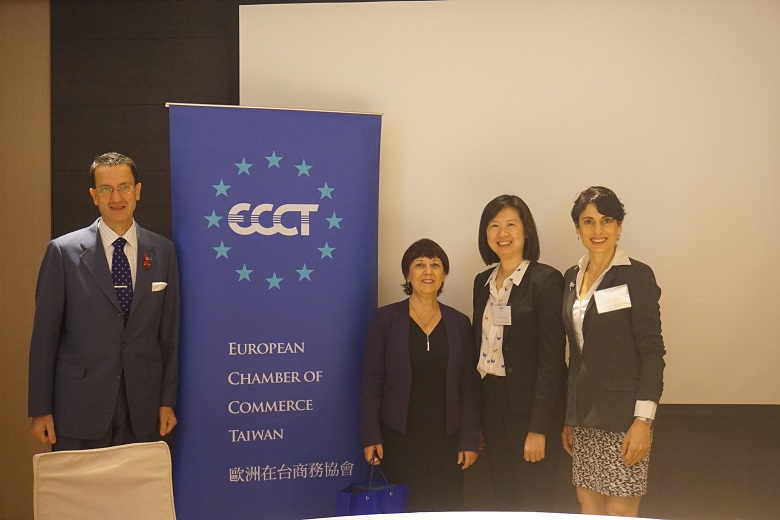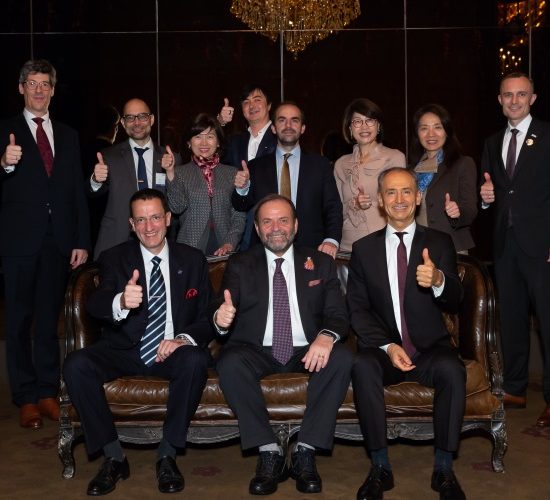Accelerating innovation in the start-up nation

The ECCT's Technology committee hosted a lunch on the topic "Accelerating innovation in the start-up nation" with guest speaker Elka Nir, CEO of Carmel Ltd & Carmel Innovation Funds.
Israel is known as the start-up nation because it punches above its weight in terms of nurturing successful companies. Israel's success can be attributed to its strong entrepreneurial culture, excellent educational system and the strong link between academia and industry, among other factors.
Israeli start-ups have a higher chance of success given that they tend to be solutions-driven, good at controlling costs, adopt a global market perspective at inception, learn from mistakes, tolerate failure and reward success. According to Nir, entrepreneurs make up around 9% of Israel’s workforce.
Besides local stars, Israel's large pool of talent and excellent business environment also attract large multinational corporations to do research and development (R&D) in Israel. The company Nir herself worked for previously is a good example. It was acquired by General Electric, and shortly afterwards GE relocated its own R&D to Israel.
Tel Aviv is the largest start-up hub but Haifa is also an important hub for high tech and medical technology, among other sectors. Haifa University is one of the largest universities in Israel with a diverse student body of around 20,000, 40% of whom are international students. The university covers a wide range of disciplines and is renowned for its computer science, neurobiology and marine technologies, among others.
Carmel is an economic corporation set up and owned by Haifa University to commercialise research and technology. It serves as a bridge between researchers and industry, manages intellectual property and collaborates with companies, other research institutions, hospitals and government agencies. Most importantly, according to Nir, Carmel's Innovation Fund serves as a bridge funder during the crucial phase when promising research does not yet have a robust enough business case to attract private venture capital funding. Carmel funds this transitional phase and then profits when the companies receive VC funding and are finally launched. Since Carmel is owned by Haifa University, the proceeds ultimately flow back to the university, thereby creating a virtuous circle.
The speaker proceeded to show some examples of cutting edge research conducted and technologies developed in Haifa for marine exploration, cancer treatment, memory enhancement and drought resistant crops, among many others.

